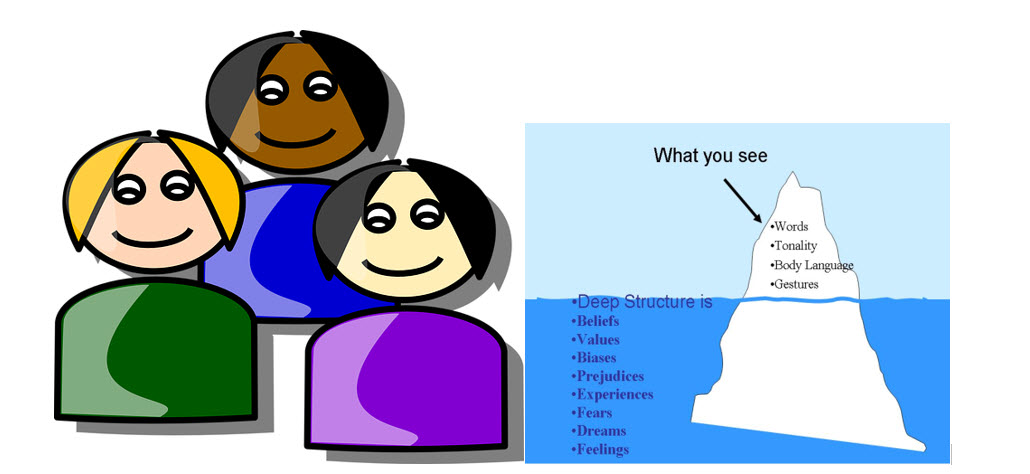Implicit bias.. what is it?
According to Project Implicit a nonprofit international group of researchers who are focused on implicit bias:
“An attitude is your evaluation of some concept (e.g., person, place, thing, or idea). An explicit attitude is the kind of attitude that you deliberately think about and report. For example, you could tell someone whether or not you like math. Implicit attitudes are positive and negative evaluations that are much less accessible to our conscious awareness and/or control. Even if you say that you like math (your explicit attitude), it is possible that you associate math with negativity without being actively aware of it. In this case, we would say that your implicit attitude toward math is negative.”
Seems pretty straightforward.. but, is it? We generally know what our explicit preferences are for the basics such as food, clothes and weather.. political party.. etc.. But, until we take the time to ask ourselves, we may not be aware of our implicit biases.
The concept of implicit bias reminds me of the Edward Hall’s ice berg model used to study cultures.. .. where the visible elements of cultural representation are above the iceberg.. such as the words, body language and gestures, artifacts, food, customs, celebrations . .. the driving force behind the visible elements are what we see are the unseen deeper parts of our cultural identity… such as our beliefs, attitudes, values, preferences, dreams and feelings.
So, why is implicit bias important?
Implicit bias drives our own explicit behavior and guides our perspective and decisions. Knowing our assumptions is critical to understanding what is driving our decisions and behaviors. This is especially true if we want to improve our behavior or broaden our approach.
If we want to have a less biased view of the world, it is important. Other than the desire to behave in a fair manner.. this also makes good business sense because in order to serve or develop products for a wide range of customers, you need to understand them. Not to mention, it also is helpful when working in groups. How we value diversity and inclusion and actually operationalize it will depend to a large extent on our internal bias. Some of the biases may be genuinely protecting you or allowing for your adequate planning. However, some may be limiting your views and your actions. For example, if you tend to go to social gatherings or spend your free time on actitivies or with groups similar to your background.. you may be missing out on the chance to get further insights. This could then give you a broader worldview, which could be applied to your life and workplace in working with teams or even in marketing.
Some questions for thought and reflection:
Are you aware of what kind of implicit bias do you hold? Is it working for or against you? Are you interested in developing beyond some of your biases? What kind of bias do you have around race and ethnicity, or gender? Do you tend to gravitate towards certain activities or places and stay away from others? If so, why? What are the assumptions driving this behavior? What benefit do you have from these biases?
Awareness is the first step towards any change.. so, please take a moment to ask yourself and your teams some of these questions.. you might be surprised what you learn..
References:
https://implicit.harvard.edu/implicit/


